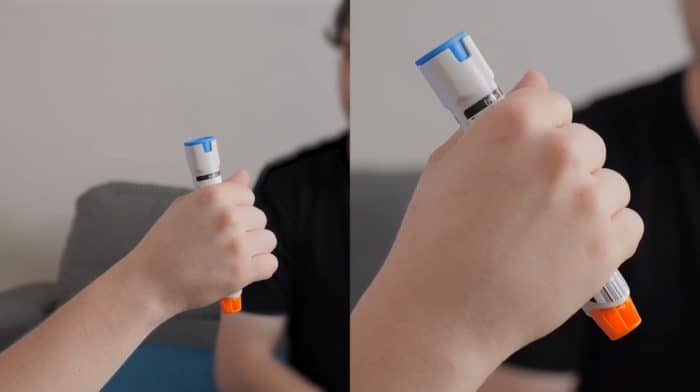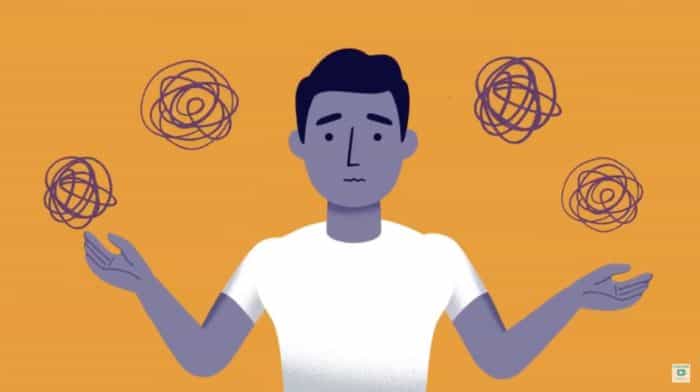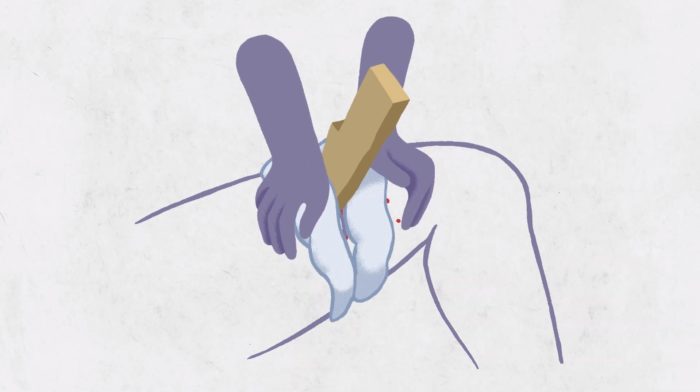How To Deal with Loss and Grief
Grief is a natural response to loss, coping with the loss of someone or something you love is one of life’s biggest challenges. Often, the pain of loss can feel overwhelming. Allowing yourself to feel the wide range of emotions during the grieving process is important. Bottling them up could make the grieving process longer and worsen mental and physical health. Here is a resource on ways to handle grief, as well as some coping strategies
Grief is a natural response to loss.
Allowing yourself to feel the wide range of emotions during the grieving process is important.
Don’t try to bottle them up. It could make your grieving process longer and worsen your mental and physical health. There are a lot of ways to handle grief. Some coping strategies are more helpful than others.
Here are 7 tips to deal with grief in a healthy way:
1. Avoid things that numb your feelings.
2. Take care of your physical health. Get enough sleep. Eat healthy. Self-care is often ignored by caregivers but grief does take a toll on your body.
3. Don’t isolate yourself. Surround yourself with those who love you. Accept their care and support through the process.
4. Find Distractions. Push yourself to go to that party. “Learn woodworking” on your to-do list? Now is the time. The distraction will prevent you from dwelling on negative thoughts – removing your focus from grief.
5. Re-establish routines. This might take some time, but rebuilding your daily life can help to reduce stress, anxiety and the feeling of hopelessness.
6.Foster positive emotions. Do, and keep doing, things that make you smile, laugh and feel loved, inspired and thankful. Balance your negative thoughts and feelings. And when you’re ready, you can share these good feelings with other people.
7. Understand that you can and will eventually adapt to this loss. Humans are hard-wired to survive. It may feel like a shipwreck at first, and you survive by desperately clinging onto a piece of debris. But eventually, you’ll notice the waves of grief, or as we like to call “grief bursts” or “ambushes” happen less over time with less intensity.
Everyone experiences grief differently, so don’t worry about how you grieve, or for how long.
As another resource, you can always check in with your health care provider or seek the help of a therapist. That’s what they’re here for!
Be sure to check out our other videos for more support.






